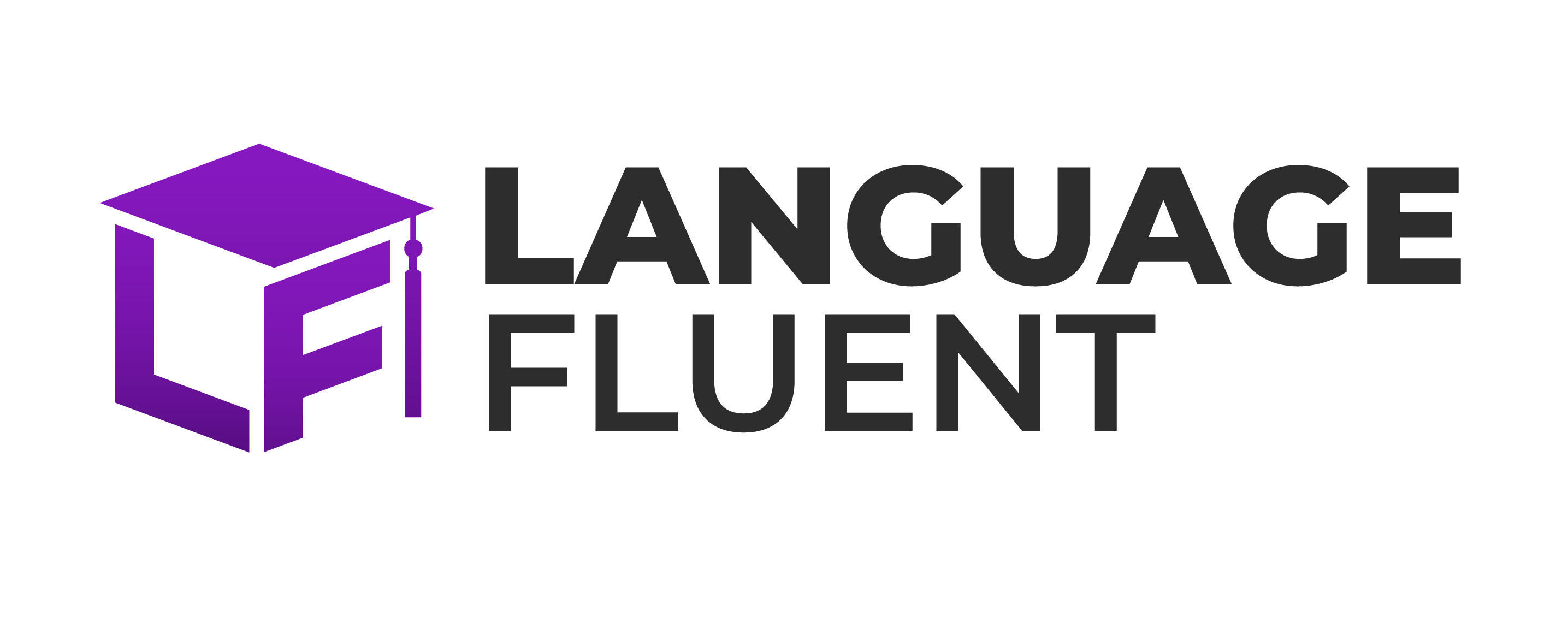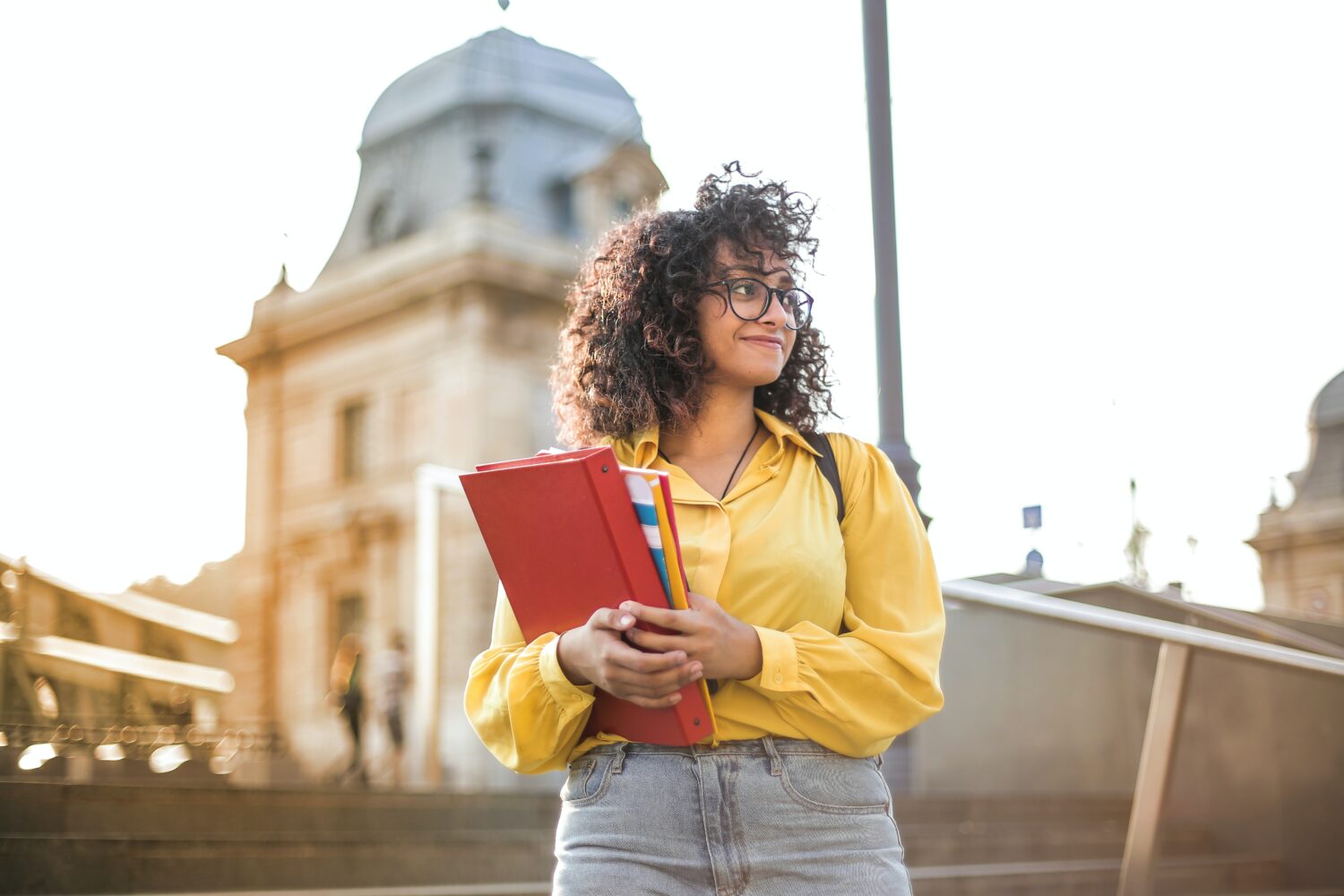To be fluent in a language means to be able to speak, read, and write quickly and smoothly. Fluency is, in theory, an essential part of the entire process of language learning and is often a top priority for learners. Sociologists emphasize the importance of the first few seconds when establishing social ties; our fluency can thus make or break potential friendships or business deals.
12 tips to improve language fluency:

1. Improve Your Pronunciation
Pronunciation is the most important aspect of understanding and interpreting a language. Over time, the more you practise, the better your pronunciation will become. After all, repetition is the mother of ingenuity!
Tip: Watch foreign films with subtitles to hear and understand how words and phrases are pronounced by native speakers!
2. Choose Your Words Wisely
When you speak, the vocabulary you use affects the message, the context, and the pronunciation. When conversing, use words that you are familiar with. This will help you improve your language skills. As a result, try to choose each word cleverly, keeping your sentence’s message in mind.
3. Read, read, read
Vocabulary expansion improves articulation and linguistic fluency. Speaking is not as difficult as it appears once you understand how phrases are structured. Furthermore, picking up new words is a breeze! You can begin by simply learning the foreign language words for things or places in your daily life to ease into the language.
Tip: Reading aloud with an experienced reader is extremely beneficial!

4. Write
The more you write, the better your comprehension and fluency will improve. Writing will assist you in understanding and becoming acquainted with the language. Remember that fluency comes from practise, and writing is an important part of learning a language thoroughly.
5. Listen
The more you hear the language you’re learning, the more comfortable you’ll become with using appropriate words for the situation.
6. Rehearse Long Speeches
Using long speeches and recording those at the same time allows you to assess fluency in the language you’re learning and return to it later for review. This also boosts your confidence when communicating in the language you’re learning.
7. Investigate the Language’s Distinctive Characteristics
Each language has its own distinct characteristics. Unlocking these is critical to becoming a fluent language speaker since it allows you to be conscious of where and how to place stress in a sentence or a word, which is especially important because these nuances vary from language to language and culture to culture.

8. Seek out a Language Buddy
Seeking a language exchange partner is one of the quickest ways to achieve fluency. Your language partner could be a native speaker or a classmate. Collaborating with them will boost your confidence as you learn the language. Simple corrections to your pronunciation, sentence structure, and vocabulary can help you develop and become a fluent speaker.
9. Interact with Yourself
It may seem strange, but communicating with yourself can help you determine whether or not the tips are effective. Self-directed learning allows you to assess your own abilities and make improvements before engaging in formal or professional communication.
Read aloud to improve your verbal fluency.
10. Using Technology to Help Students Learn
Today, technology is a valuable tool for achieving foreign language fluency. Technology is crucial for learning a foreign language today, whether it’s a phone app with audio tutorials to practise your pronunciation or interactive resources and games to expand your vocabulary.
11. Study in a Classroom
Classrooms are widely proven as an efficient learning environment for students around the world. Language fluency can also be enhanced by actually engaging in the classroom and practicing word and phrase accents and pronunciation. Dialogues among classmates also aid in the development of your skills.
Want to learn more about Language Fluent courses, click here!
12. Music can help you learn
Music and learning are inseparable, and it can be a helpful instrument for learning a foreign language. Songs are an excellent way to memorize language concepts, pronunciation, and structure. Singing a song rather than simply speaking the words or sentences as part of routine practice helps a learner retain and memorising a language.











